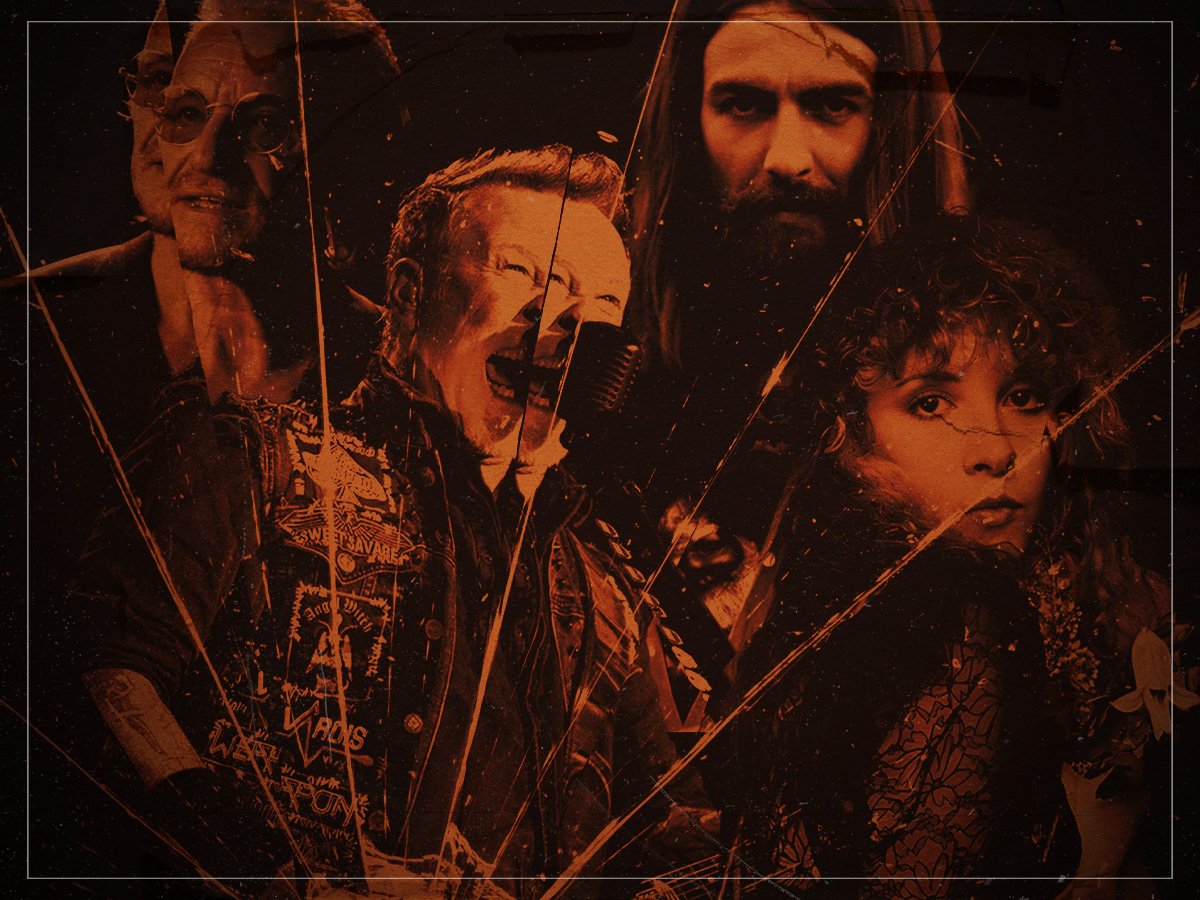Other Voices – The Doors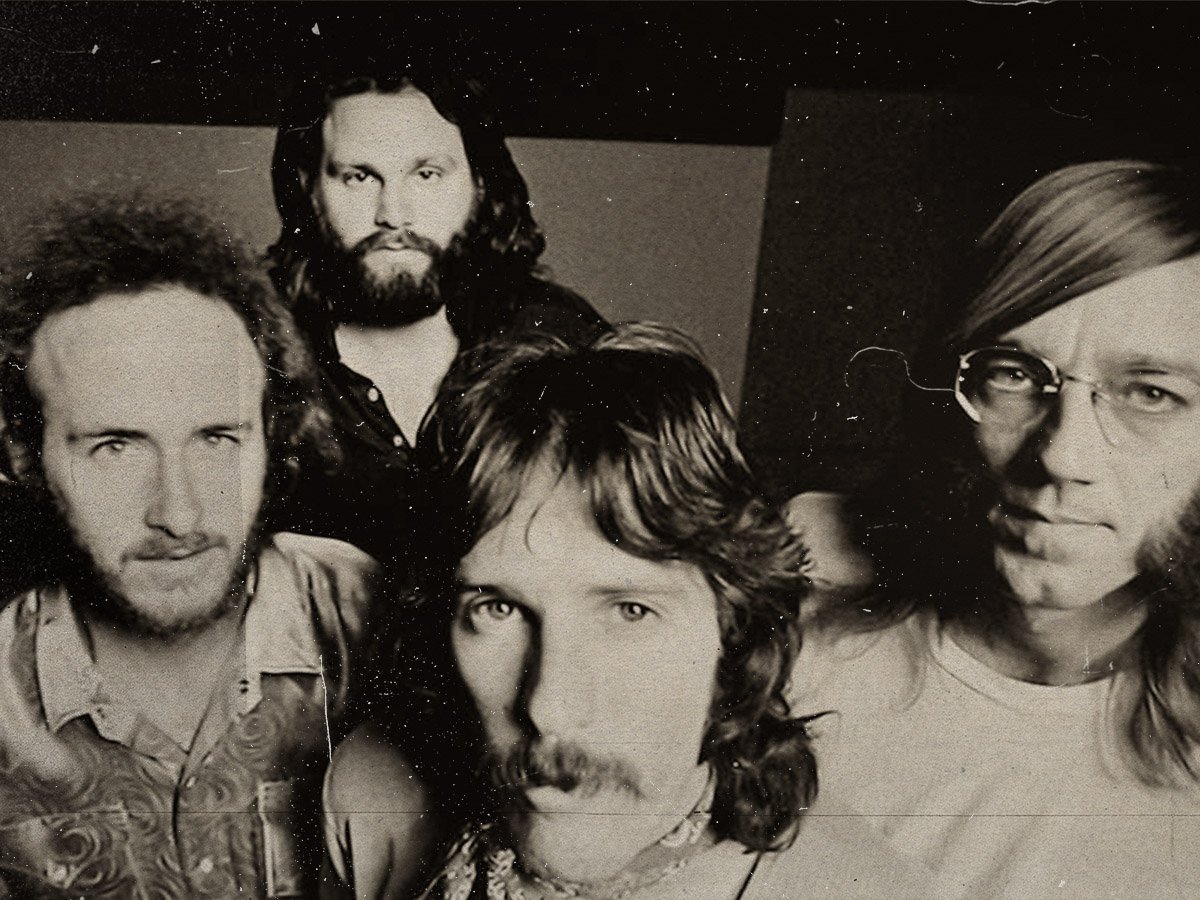
It’s hard to really blame The Doors for wanting to continue past 1971. They had no idea that Jim Morrison would be gone on that fateful trip to Paris, and even with him gone, they were still more than capable musicians who could throw a decent tune behind their frontman’s works or poetry. But as their first album without Morrison clearly illustrates, it was that the band only worked when they were all contributing to the process.
Despite Other Voices being 75% Doors, a lot of the magic that made their songs work simply isn’t there throughout most of the songs. Ray Manzarek does a serviceable job singing most of the tunes, but for all of the late frontman’s lack of musical experience, Morrison was able to breathe life into their material that this album lacks. There are a handful of decent tracks like ‘Tightrope Ride’, but the majority of the album is the same meandering jam band stuff that the 1960s had already grown sick of.
There are faint whiffs of classic Doors material buried underneath all of the toothless dad rock, but considering how much was stacked against them, it’s not exactly shocking why they elected to stop making new albums after a few years without their frontman. The Doors were always about draping a mystique around the music every time they played, and no matter how many times Morrison was called a drunken buffoon onstage, he at least knew how to keep the band engaging throughout a performance.
Gone Troppo – George Harrison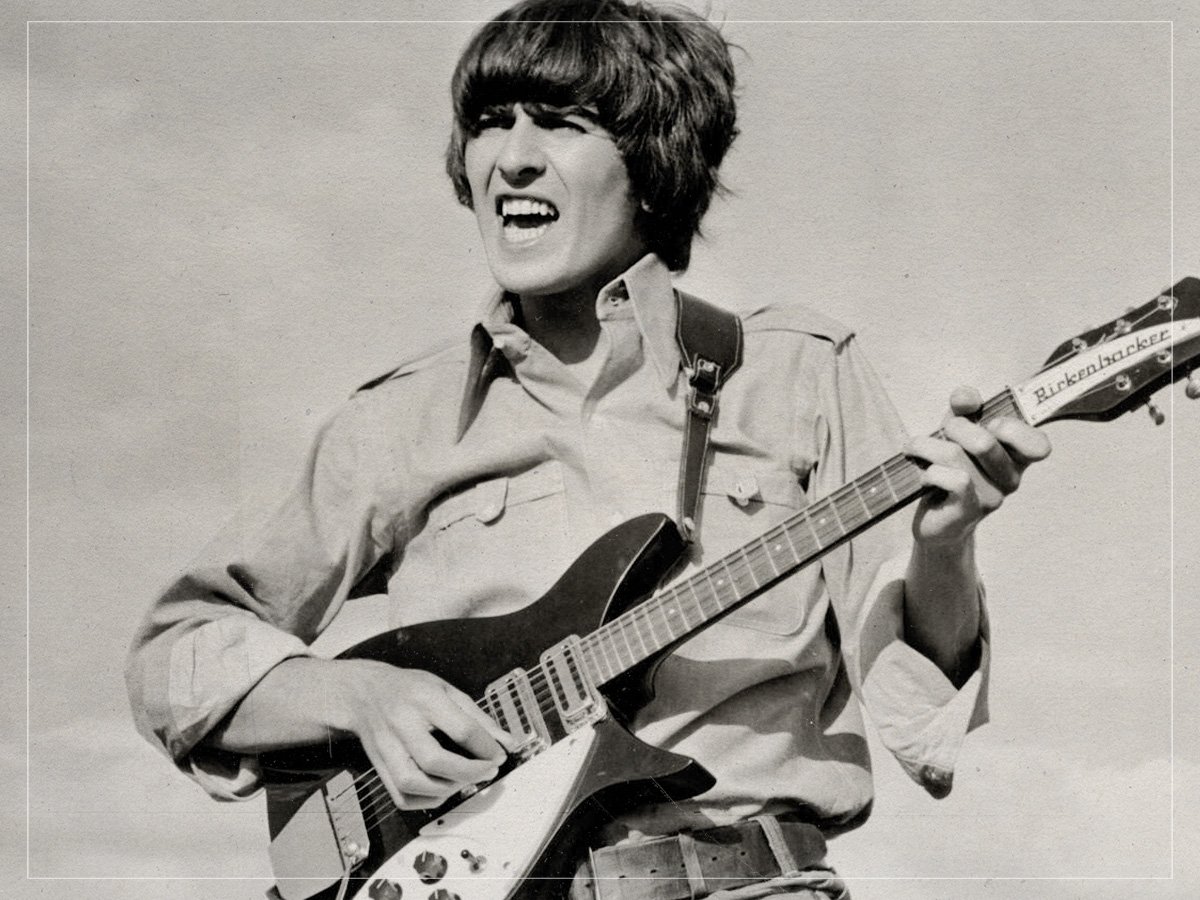
The enemy of every single artist tends to be their record contract. It might be a dream come true to have that piece of paper in your hands at the start of everything, but once you see how many albums are on the end of that agreement, it can be like pulling teeth trying to make it all the way to the finish line. And from the first few songs on Gone Troppo, George Harrison sounded like he had stopped trying well before he even got into the studio.
Having already had a disastrous rollout for Somewhere in England, a lot of Harrison’s next record was the definition of a contractual obligation. Some of the tropical sounds are pleasant for a few tunes, but when you remember that Harrison was away on holiday in between these trips to the studio, you can see why it doesn’t really work. He’s clearly having fun, and yet it’s easy to hear that most of it is a chore for him on tracks like the title tune.
If anyone was eagerly awaiting Harrison’s turn towards Jimmy Buffett-style rock and roll, you might get some enjoyment out of this, but looking at the timeline, Jeff Lynne couldn’t have come to the rescue fast enough. Paul McCartney had the kind of whimsy to create a yacht-rock masterpiece, but for a musician as in tune with the cosmos as Harrison, he was as if all of the earnestness of his early years was officially snuffed out.
Sketches for My Sweetheart the Drunk – Jeff Buckley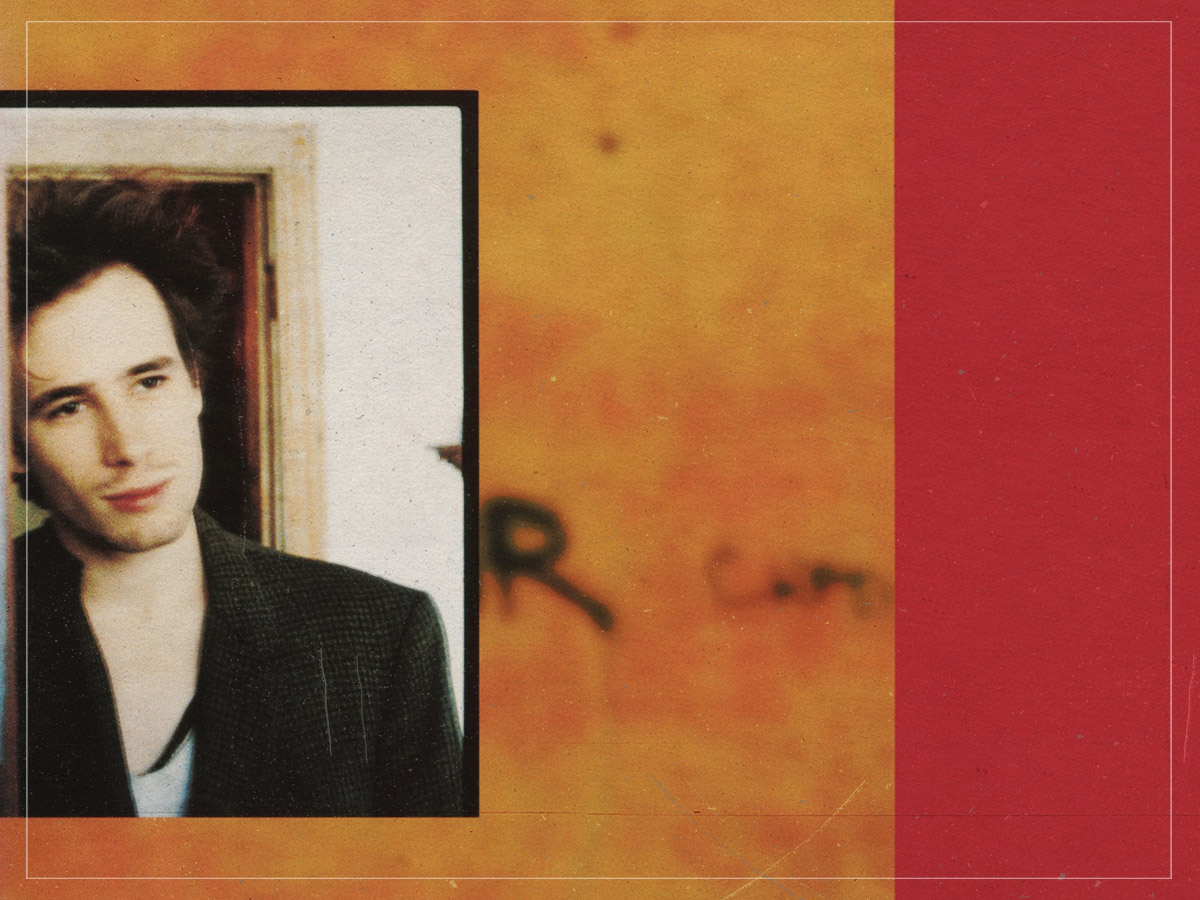
Having a landmark debut album is always going to be a double-edged sword. Most people are happy to at least make one great album in their lifetime, but when Jeff Buckley skyrocketed to the top of the hit parade with Grace, everyone wanted to put him in his own artistic box. While we will never get to hear the kind of album that Buckley wanted to release before his untimely passing, Sketches for My Sweetheart The Drunk was always bound to be somewhat of a mess.
While posthumous records are far from impossible, looking at both sides of this collection is like watching the ramblings of Buckley’s fragile mind towards the end of his life. Despite dying by misadventure, a lot of the second disc of the album is disturbing to listen to, as if he’s trying to channel every single piece of his musical spirit out and getting often hellish results in the handful of demos.
Which is a shame, because you can hear that he is almost there in cracking the code on ‘Vancouver’ and ‘Yard of Blonde Girls’, but it’s really a lost cause since we have so little to work with. Much of Buckley’s debut made him sound like an angel that fell to Earth over the course of an hour, but his posthumous ramblings show subtle hints of that angel as it’s slowly being exorcised of its internal demons.
Music from the Elder – Kiss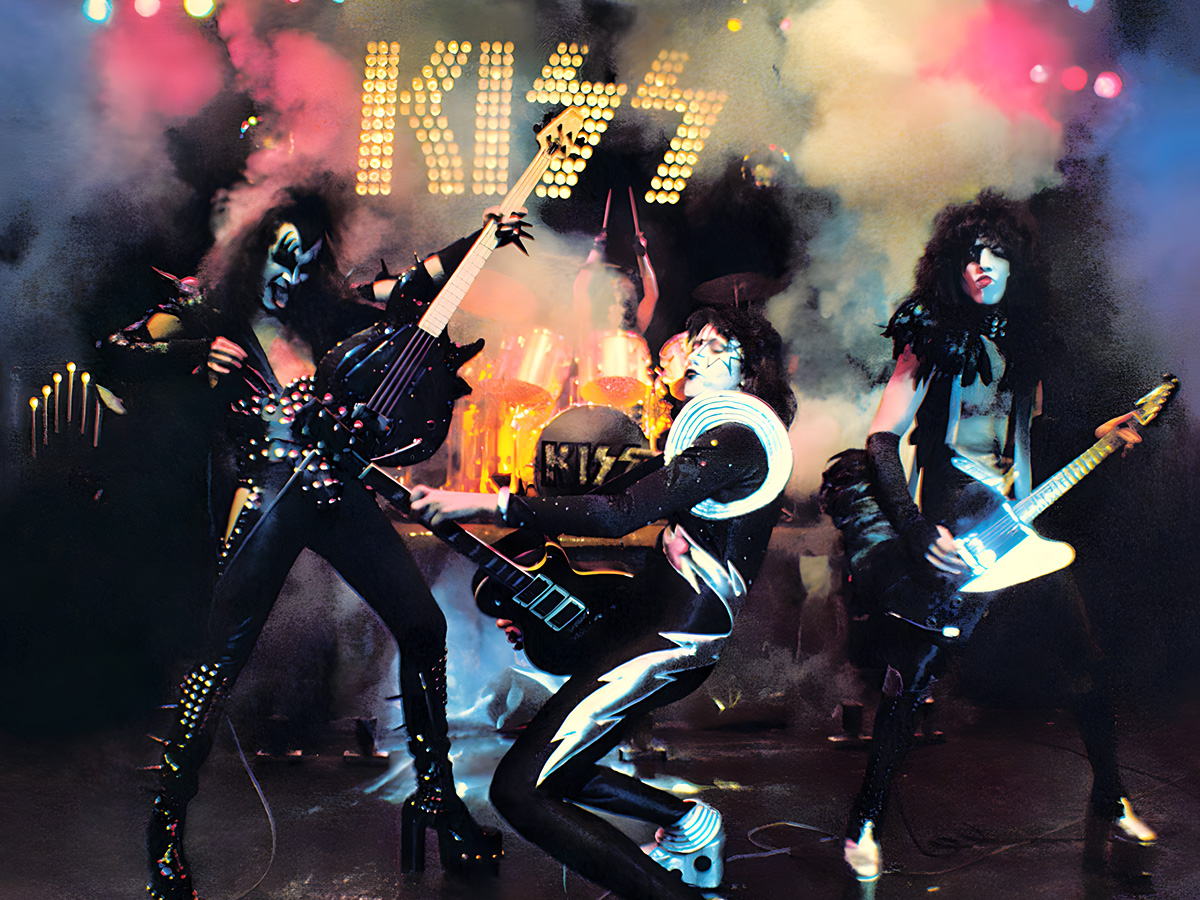
Was anyone really looking for Kiss to evolve all that much throughout their career? Sure, there are genres that they dip in and out of, and it’s not like they have one stock sound, but no one was looking at the four superheroes onstage and expecting them to pull out Bob Dylan-style character studies or anything. They could do flashy disco when they wanted to and even power pop alongside their heavy metal antics, but if there’s one thing they are not, it’s a progressive rock band.
But that didn’t stop Gene Simmons and Paul Stanley from coming up with an idea for a mythical rock and roll story centred around myths and legends. Although Bob Ezrin was a few months shy of recording The Wall, his track record can’t really match what the glam rockers are trying to do here. It worked on ‘Detroit Rock City’, but ‘A World Without Heroes’ feels like it belongs on a forgotten 1970s soft-rock album, not being crooned out by ‘The Demon’.
It was an ambitious idea, to be sure, but given how much they believed in this idea, it wasn’t a shock that they decided to shed their makeup a few albums after this. Because had Creatures of the Night not showed everyone that they could write classic tunes again, this was bound to be the pariah of their catalogue that officially killed every fan’s goodwill towards their beloved musical icons.
Traveling Wilburys Vol 3 – Traveling Wilburys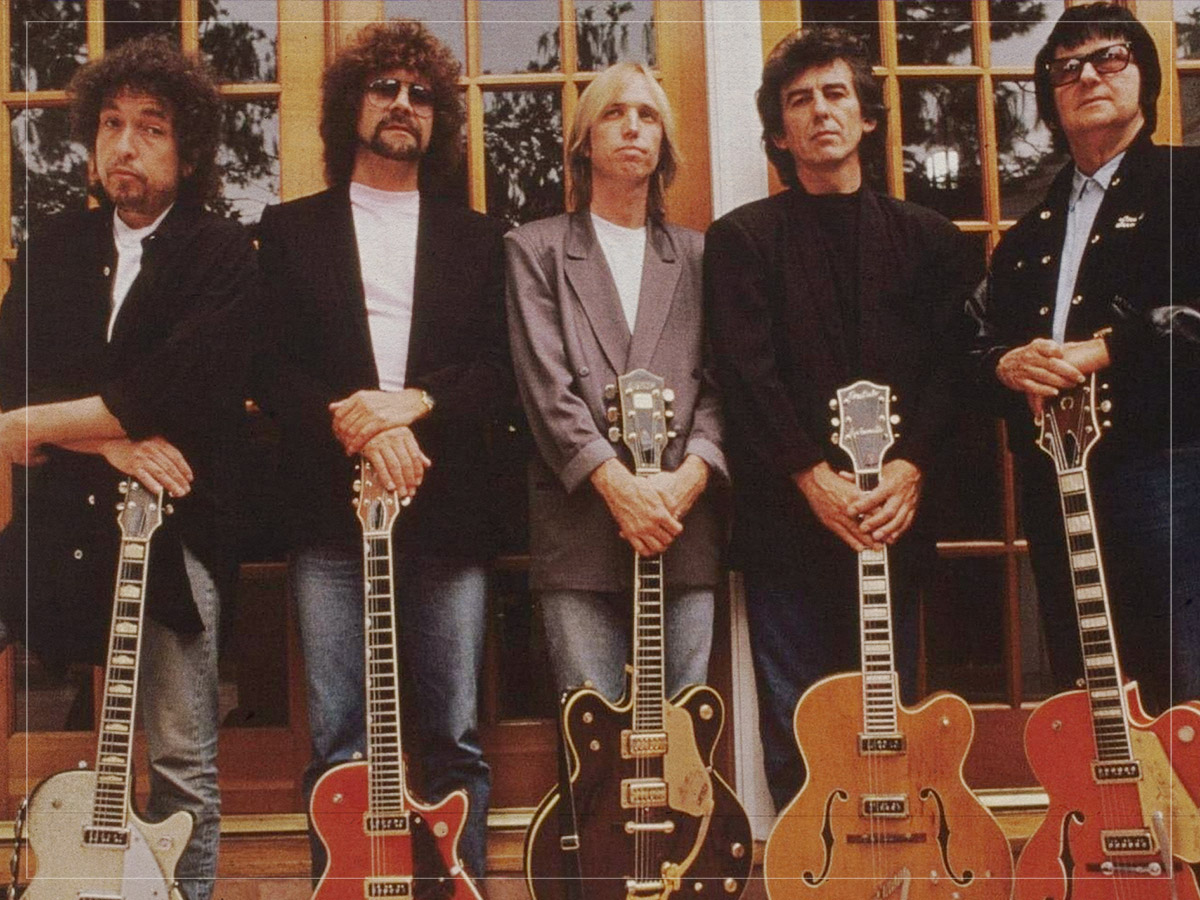
There’s hardly any reason to complain about anything the Traveling Wilburys did. Whereas most supergroups can feel haphazardly thrown together at times, every single member of the Wilburys knew to check their egos at the door and come together to make an album they could all be proud of. We did end up getting that labour of love in the late 1980s, but when Roy Orbison passed away, things were about to go downhill really fast.
That’s not to say that Vol. 3 is an outright terrible record. It’s still four of the most talented songwriters of their generation, but with Orbison’s golden voice being absent, it definitely feels like something’s missing. You can’t fault the band for wanting to move on, but a lot of the songs make the crucial mistake of including Bob Dylan on vocals most of the time, which tends to be more than a little bit jarring when going from his husky voice to George Harrison’s shimmering pipes.
A lot of the songs would have felt at home on any of the band’s solo works, but outside of a song like ‘Wilbury Twist’, there’s hardly anything that has the same sense of fun as the band’s debut. That was a fun experience that all of them could be themselves on for a couple of weeks, but since the band themselves didn’t really like the final product, this was the one album that made that felt like a project.
Neighborhoods – Blink-182
Any reunion between a legacy rock band usually needs a pair of steady hands to have everything work right. There are a lot of moving parts behind any great musician, and when the initial chemistry is broken, it’s impossible for everything to be perfect again. While Tom DeLonge did seem to have his heart in the right place when working with Blink-182 for the second time around, he clearly had some loose ends that needed tying up from his side projects along the way.
Since the guitarist was juggling a lot of different ideas in the air during Neighborhoods, the whole record feels like what Blink-182 would sound like had they been put together in a lab. ‘Up All Night’ and ‘After Midnight’ do a great job at helping introduce everyone into this new phase of their sound, but with DeLonge already using effects that he used with Angels and Airwaves on a lot of the songs, the whole album is a Blink album in name only, with Mark Hoppus and Travis Barker practically feeling like backup musicians half the time.
And with a distinct lack of any of Blink’s trademark humour, there’s hardly any reason to go back to the whole thing outside of a few brilliant tracks. One More Time helped realign everyone with what the band’s priorities should have been, but this first go-around was the moment where DeLonge couldn’t divorce himself from wanting to mix space-age sound effects along with punk rock.
Songs of Innocence – U2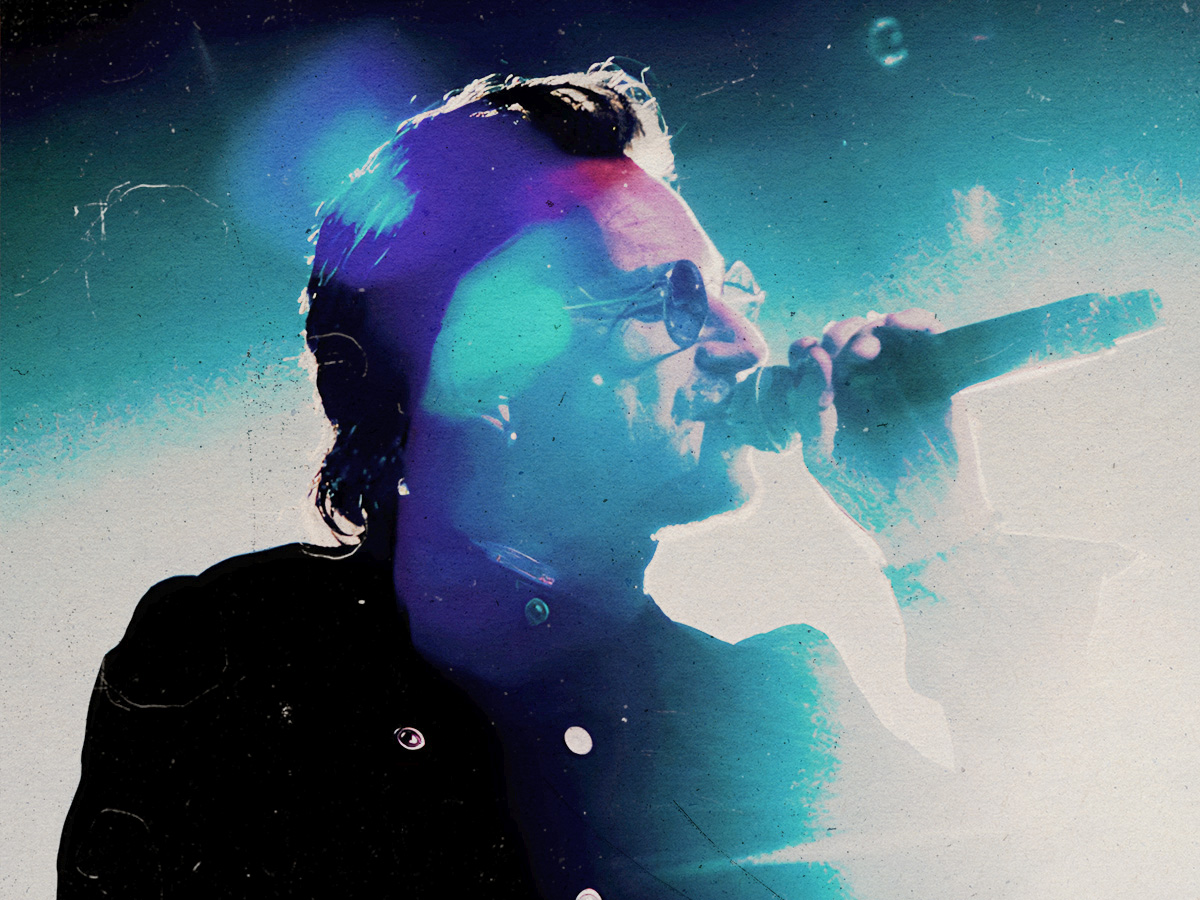
U2 have never exactly been everyone’s favourite band throughout their history. Bono may be an unstoppable force when he plays live, but there are always going to be people that think that he is a bit too pompous and can put his foot in his mouth more than a few times on every single album. But after redeeming themselves from the horrors of Pop, the Irish legends had the makings of a hot streak going before they released an album that no one wanted to hear before a note was even played.
Despite U2’s notorious track record for being “sellouts” in the minds of fans, the idea to partner with Apple for Songs of Innocence was a huge mistake from the start. Most people would have been fine seeking the record out on their own time, but when Bono decided that the release would be the rest of the world’s problem by putting the record on every iPhone, everyone seemed to be pissed off about them trying to forcefeed their album onto every single customer.
Then again, it’s not like the album is even that bad. In fact, it might be one of the better entries in the band’s later catalogue, but that didn’t stop the rollout from being any less cringy. Any other band would want to build up hype before watching their album go through the roof, but despite Bono being a master of band mystique during his ‘Fly’ era, he deserves points for breaking the world record for how quickly album hype can be killed.
The Final Cut – Pink Floyd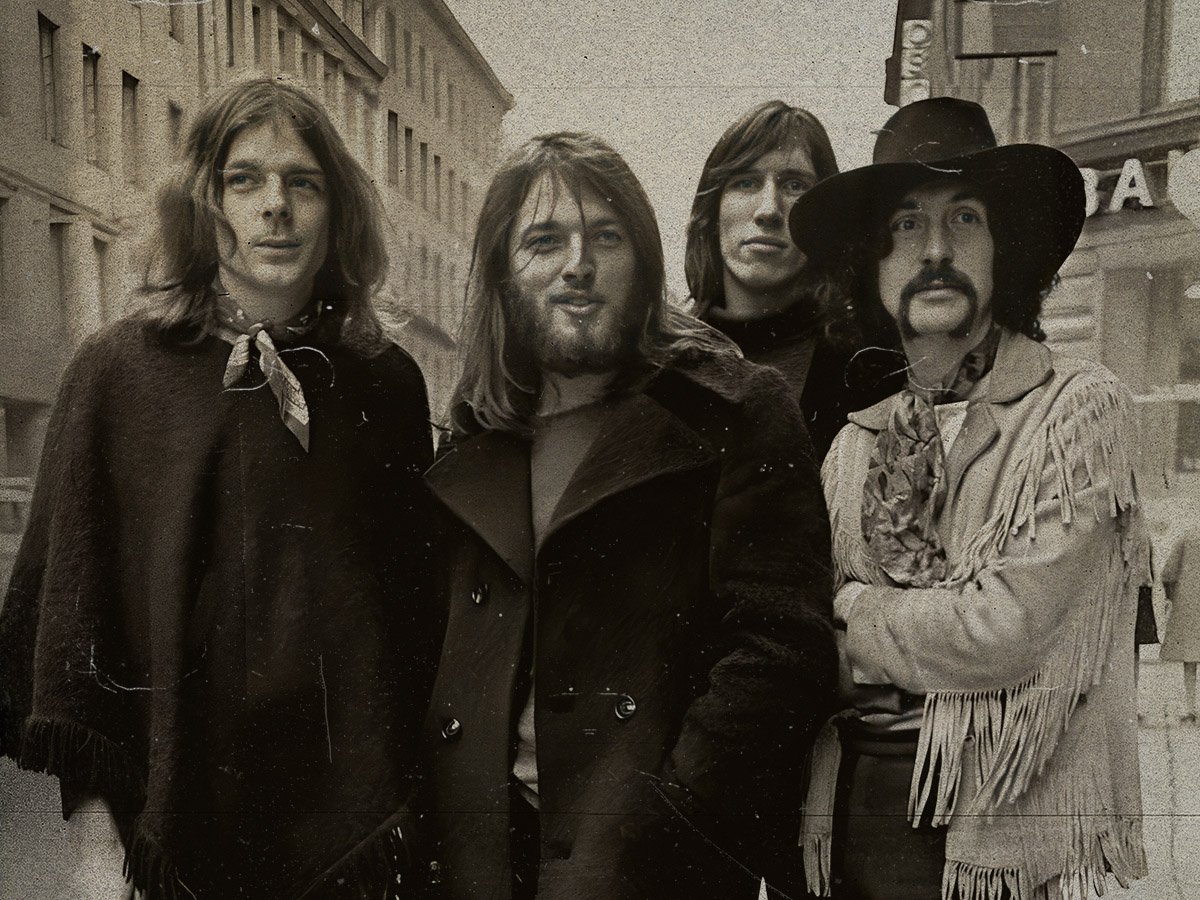
Any band can only hope to make something as far reaching and extravagant as The Wall during their lifetime. Roger Waters clearly had hit a watermark with his rock opera, and while parts of the album are more than a little bit creepy to listen back to in hindsight, the story Pink Floyd told about learning to appreciate the world around him is a fantastic arc for an anti-hero’s journey. But if you thought the album was overly extravagant and the movie was a lot to take in, The Final Cut was all of those self-indulgent bits manifested into an album.
Waters hardly even wanted to put out a new record, but after scraping together bits and pieces from his masterpiece’s demos, The Final Cut was the closest thing to a concept that he could muster, being inspired by the Falklands War. Since most of the tracks started off as B-sides, though, David Gilmour was well within his rights to ask why most of the material was suddenly good enough for its own project, which explains why he only appears on a handful of solos and one token vocal cameo.
Despite the special editions of the record including a studio version of the song ‘When the Tigers Broke Free’, this is the moment when Waters’s ambition went a touch too far. The Wall does have the makings of Waters’s solo career, but if this is what the band was going to sound like when he began ordering them around the studio, perhaps they were better off going in their own separate directions.
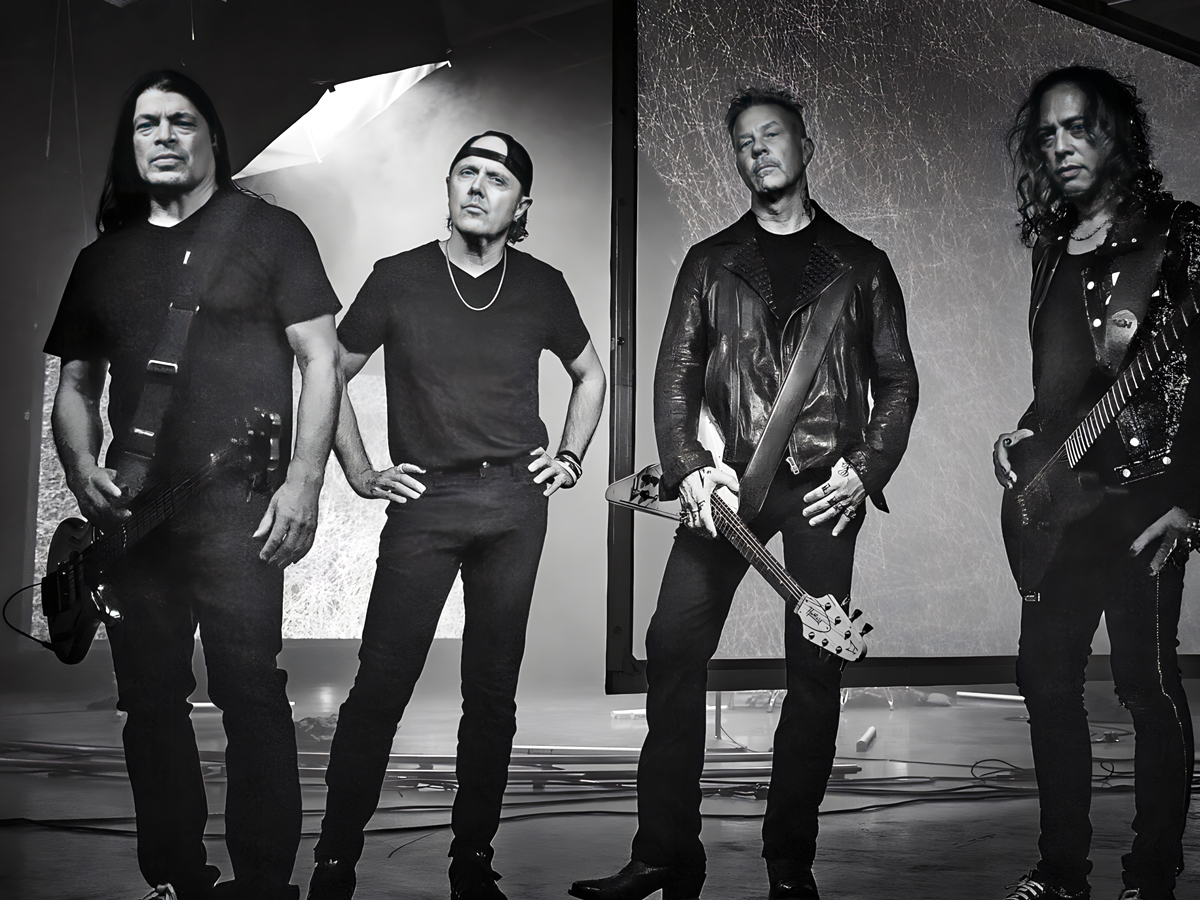
Almost anything that Metallica touches usually has a fair bit of baggage behind it. Even though they are one of the biggest metal heavyweights that the genre has to offer, there has always been a bit of a love-hate relationship between the band and their fans regarding everything from their ballads to their outright classics. But to every fan that thought the band needed to get back to their roots after the “sell out” records, St Anger is the best proof that going back to basics isn’t always the right call.
Before they even had the basic idea for a record in the can, the metal titans were already splintering. Throughout the documentary Some Kind of Monster, the band are barely holding themselves together following Jason Newsted’s departure, and when James Hetfield left halfway through the documentary to get treated for alcoholism, there was a real sense that the band was done. So when he finally came back, the only way to channel his pain came in the form of screaming over detuned riffs for over an hour.
You can hear bits and pieces of the nu-metal movement that was happening at the time, but for all of the headaches that St Anger has caused, it does have a right to exist. Any average doomed album would clearly have some glaring issues from the start, but had the band not followed through and made the rest of this album, there’s a good chance that we wouldn’t have a version of Metallica still going strong today.
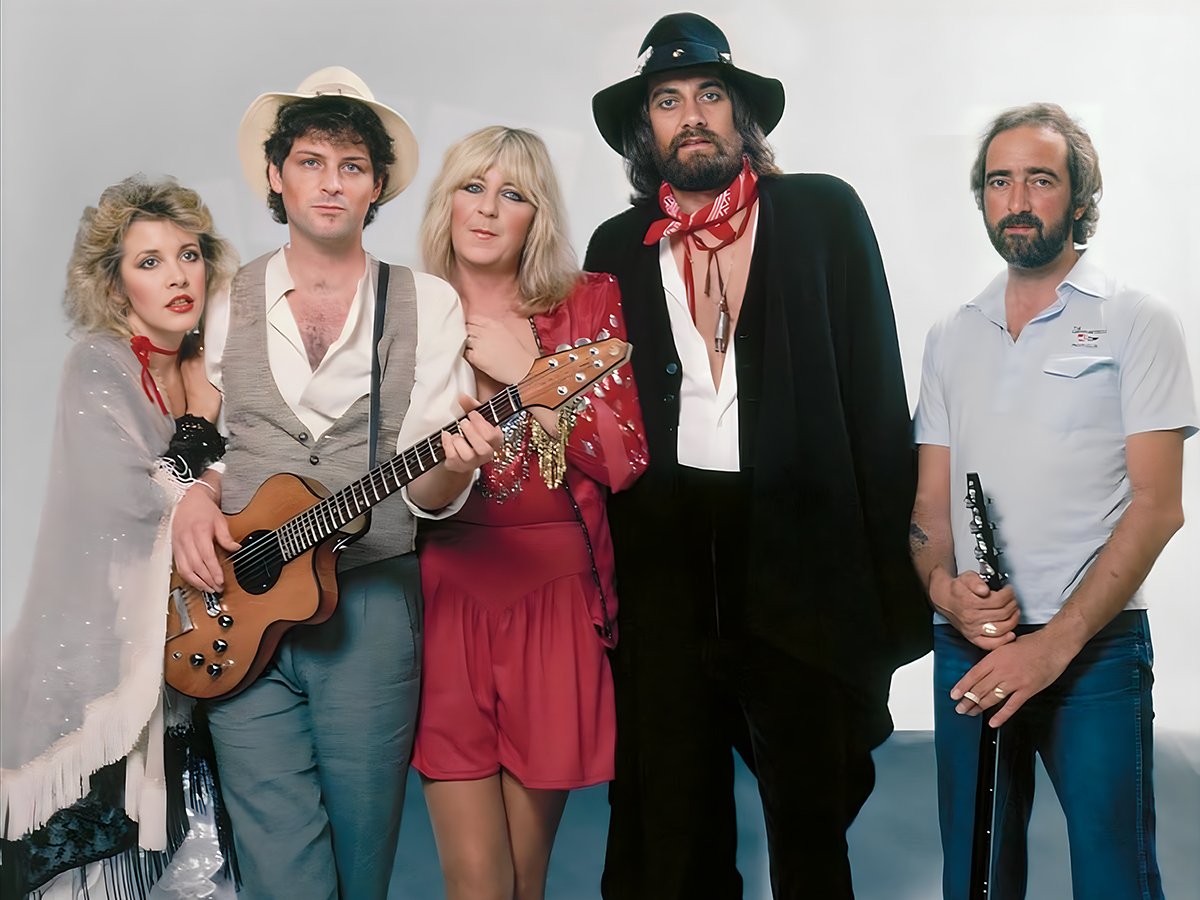
Fleetwood Mac were never the kind of band that worried about lineup changes. Even though the Rumours era of the group made some of their biggest hits, that came out of sheer luck after going through some of the craziest shakeups any band could have. So if they could go from Peter Green to Bob Welsh to Lindsey Buckingham and Stevie Nicks, surely they could capture that magic again with a brand-new lineup, right? Absolutely wrong.
Behind the Mask had already showed some kinks in the armour with Buckingham gone and a few lacklustre tracks from Nicks, but outside of Christine McVie’s tunes, Time is the one record in the band’s catalogue that has no personality at all. Bekka Bramlette and Billy Burnette had the tough task of topping two legends in their field, but a lot of their songs feel like half-hearted imitations of what the Rumours lineup might have thought of, which explains why Christine literally phoned her songs in and refused to be in the studio with them half the time.
Even though some fans have argued about which lineup of Fleetwood Mac is the “authentic” version of the group, there’s a reason why no one is campaigning for this version as the definitive lineup. For any Fleetwood Mac fan, this isn’t the same band who wrote ‘Dreams’ or even the one that wrote ‘Oh Well’. This is a cheap knockoff country rock band that happened to have all of the rights to the name.

